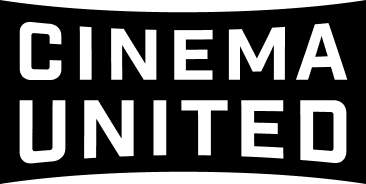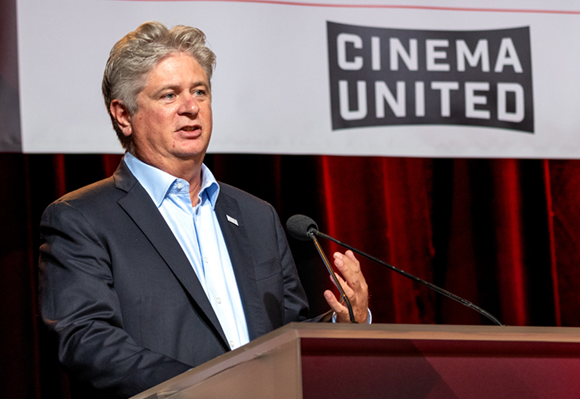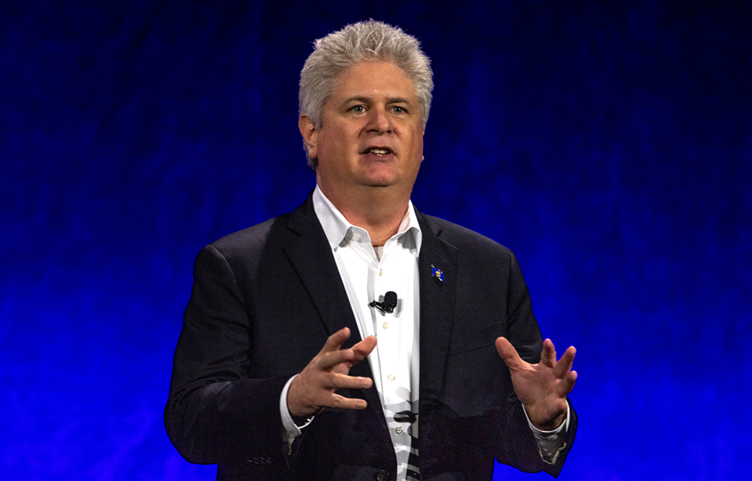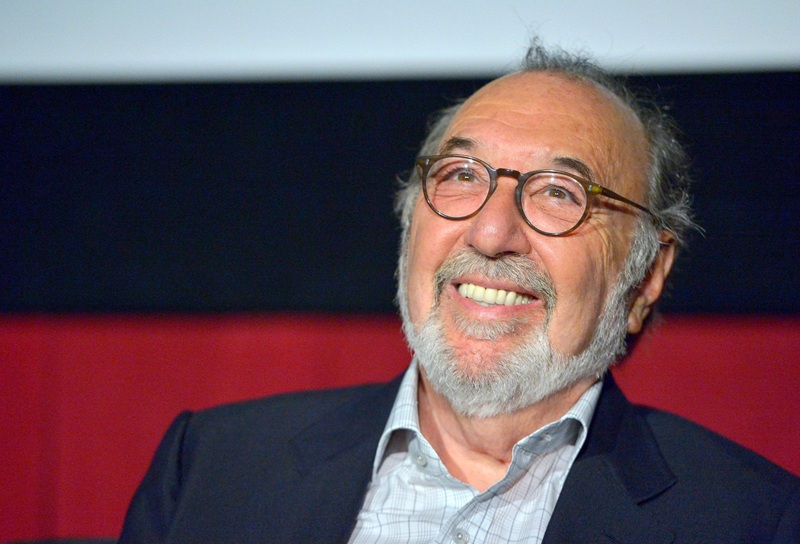20TH CENTURY STUDIOS TO RELEASE ELLA MCCAY ON SEPTEMER 19, 2025
LAS VEGAS (March 31, 2025) – Oscar® and Emmy Award® winner James L. Brooks will receive this year’s CinemaCon® Cinema Vérité Award, it was announced today by CinemaCon, the official convention of Cinema United and the world’s largest gathering of exhibitors, being held March 31-April 3 at Caesars Palace in Las Vegas. Brooks will be presented with this special honor as part of The Walt Disney Studios presentation taking place on the afternoon of Thursday, April 3, in The Colosseum at Caesars Palace.
“If anyone embodies the essence of authentic filmmaking, it’s James L. Brooks,” noted Mitch Neuhauser, Managing Director of CinemaCon, “as his filmography represents a heartfelt cinema of truth. Over the past six decades, he has directed films such as Terms of Endearment, Broadcast News and As Good as It Gets that have made moviegoing audiences around the world laugh, cry and reflect on life in ways that are undeniably honest. As a producer, he brought us passionate films like Big, Say Anything and Jerry Maguire. We could not be more honored to present the Cinema Vérité Award to a filmmaker who continues to create stories that speak to the very heart of who we are.”
20th Century Studios will bring Ella McCay exclusively to theatres on September 19, 2025. Written and directed by Brooks, Ella McCay is a new comedy about the complicated politics that arise when a young woman’s stressful career clashes with her chaotic family life. The filmfeatures an all-star cast including Emma Mackey, Woody Harrelson, Kumail Nanjiani, Spike Fearn, Ayo Edebiri, Rebecca Hall, Julie Kavner, Jack Lowden, Becky Ann Baker and Joey Brooks with Albert Brooks and Jamie Lee Curtis. It is produced by James L. Brooks, Richard Sakai, Julie Ansell, and Jennifer Simchowitz.
Three-time Academy Award winner and twenty-two-time Emmy Award winning director, producer and screenwriter James L. Brooks started his career at CBS as an usher, before writing for the network’s news broadcast. His first major successes came on television where he created such iconic series as Room 222, The Mary Tyler Moore Show, Rhoda, Lou Grant, and Taxi. His film debut came with Starting Over and led to his work on films such as Terms of Endearment, Broadcast News, and As Good as It Gets. Brooks won the Academy Award for Best Picture, Best Director, and Best Adapted Screenplay for Terms of Endearment and received Best Director nominations for Broadcast News and As Good as It Gets. Other notable films he produced include Big, Say Anything, War of the Roses, Bottle Rocket, Spanglish, The Simpsons, How Do You Know, The Edge of Seventeen, Are You There God? It’s Me, Margaret and Icebox. In 1984 he founded Gracie Films, producing the Emmy Award winning Tracey Ullman Show and launching The Simpsons.
With a legacy spanning over six decades, James L. Brooks remains one of the most influential figures in entertainment, celebrated for his unparalleled contributions to both television and film. His recent induction as a Disney Legend in 2024 underscores his significant impact on the world of storytelling and entertainment. His list of accolades also includes two Peabody Awards and Writers Guild Laurel Awards for his work in both Motion Pictures and Television.
In addition to his personal successes, James is also known for his mentorship of emerging talent, especially when it comes to working with first-time writers, producers and directors. His reputation and commitment to help to bring new voices into the entertainment industry is evident in his work with Wes Anderson (The Bottle Rocket), Cameron Crowe (Say Anything) and Kelly Fremon Craig (The Edge of Seventeen) among many others.
Approved press image can be downloaded here.







